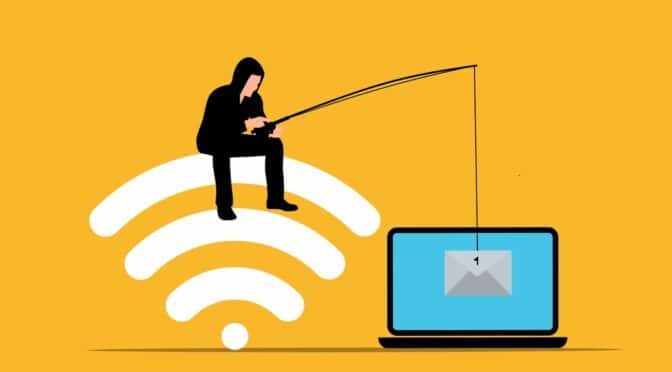updated September 15, 2017
Nick Taylor
Consumer outrage forced Equifax to backtrack and respond to consumer inquiries and complaints in a more reasonable way in the wake of the data breach. The credit reporting giant says it added more staff, made services free for a longer time and changed the policy about your ability to sue.
The company will not bar victims of its massive data theft from joining class action lawsuits. That adds up to a big win for millions.
Hackers gained access to the accounts of 143 million people between May and July 29, 2017. The information included names, birth dates, addresses, Social Security numbers and in some cases driver’s license numbers — anything a fraudster would need to get credit in your name.
Initially, the website Equifax set up to inform consumers if they were at risk included an “Agreement to resolve all disputes by binding individual arbitration.” That’s a device to keep companies out of court and shield them from the potential for expensive judgments in lawsuits filed by groups of harmed consumers.
But pressure from outraged consumers and advocates changed things quickly. Late Friday, September 8, Equifax issued a statement saying, “In response to consumer inquiries, we have made it clear that the arbitration clause and class action waiver included in the Equifax and TrustedID Premier terms of use does not apply to this cybersecurity incident.”
But although they say they added staff to help consumers, they still give you a date to get back in touch and enroll in their “TrustedID Premier.”
Take a few proactive steps to protect yourself.
-
You can go on to the Equifax website or call 866-447-7559 to learn if your information hackers compromised your information. If so, there are a few things you can do.
-
Consider putting a freeze on your credit report with Equifax. That means no one can open an account and borrow money in your name without you getting a call or email first.
-
Then you need to do the same with Experian and TransUnion. Freezing your credit files costs from nothing to $10 depending on the state you’re in, your age, and other factors, and here’s a list:
- If you don’t want to freeze your accounts, consider adding a 90-day fraud alert.
- Keep a close eye on your credit and debit card and bank accounts for charges or withdrawals you don’t recognize.
-
And don’t throw away those letters from the IRS in case somebody’s trying to use your Social Security number to land a job or get your tax refund.
You may also find yourself frustrated when you try to get your credit report online and here’s why.
Meanwhile, New York State Attorney General Eric Schneiderman vowed to investigate the Equifax breach on behalf of 8 million New Yorkers compromised by the breach. “My office intends to get to the bottom of how and why this massive hack occurred,” he said.
The latest news about why the hack occurred infuriated us. You can read about that here.



